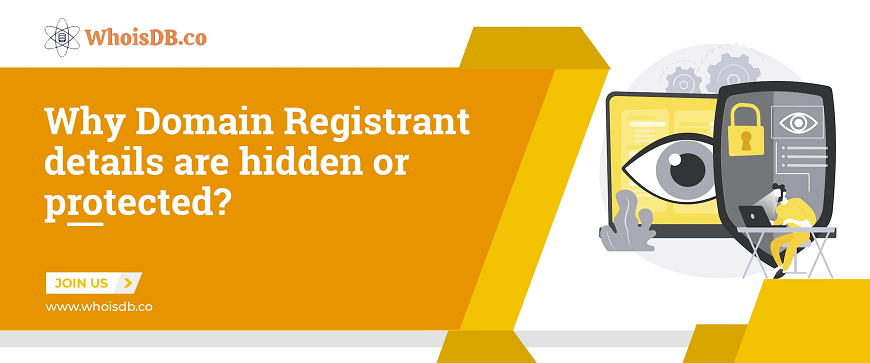
The protection of domain registrant details has become a central point of discussion in the online world. It is important to understand why domain registrants’ details are hidden or protected, how this helps protect their privacy and security, and how it can benefit businesses and website owners. As the internet grows more complex, so too does the need for better security measures to protect users’ personal information from malicious actors. What does domain registrant protection mean?
Domain registrants’ details are protected by a variety of methods. The most common method is through the use of WHOIS privacy protection services. This is a privacy protection service offered by domain registrars, which allows users to hide their contact information from the public who may be searching for it. When you register a domain, your personal details are collected and placed in a publicly available WHOIS database. These details include your contact information, including your name and physical address. This information can be accessed by anyone who knows the domain name—even if they have no connection to you or your business.
How ICANN regulates Domains and Domain registrars
Domain names are a unique identifier used to identify a website or other internet resource. The Internet Corporation for Assigned Names and Numbers (ICANN) is the organization responsible for managing and regulating these domain names, as well as accrediting the registrars who register them. ICANN’s policies have created an environment which allows users to remain secure in their web activities by protecting their personal information, such as name, address, phone number, email address and credit card details.
The reason why domain registrant details are hidden or protected is because of ICANN’s Registrar Accreditation Agreement (RAA). This agreement sets out specific rules that all registrars must follow when registering domains. These rules include maintaining the confidentiality of customer data and discouraging fraud through the adoption of anti-fraud measures such as identity verification processes.
Why is privacy protection required for Domain Owners
Domain owners have a right to privacy and they should be protected from any potential misuse of their personal information. When someone registers a domain name, they are required to provide contact details including their name, address and email address.
These can be used by malicious actors for nefarious purposes like identity theft or sending out spam emails. To ensure the safety of domain owners, various measures are put in place to protect them from these threats. Domain registrants’ details are hidden or masked off with private registration services that allow them to remain anonymous when registering domains in order to protect their data from being publicly exposed. Private registration also helps prevent spammers and other malicious actors from illegally accessing the data in order to send out unsolicited messages or launch phishing attacks on unsuspecting users.
